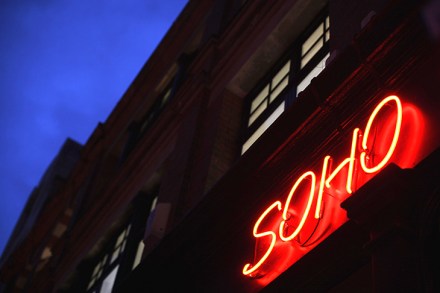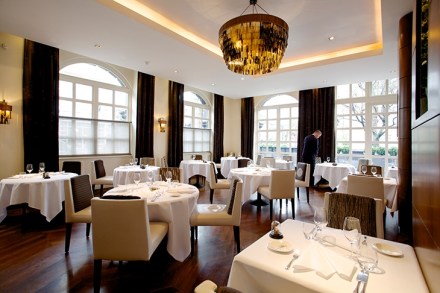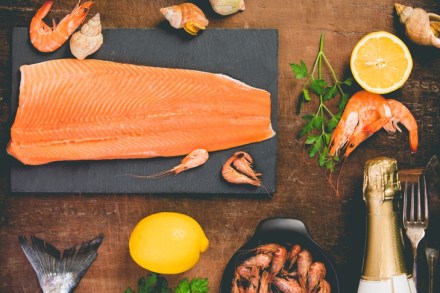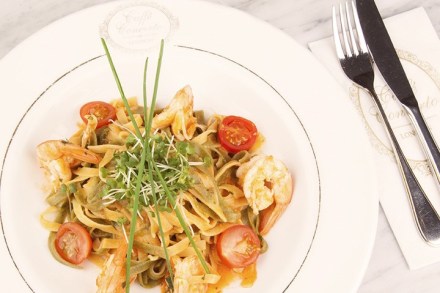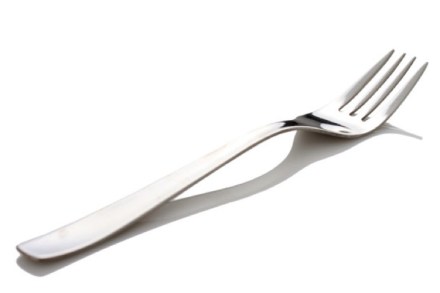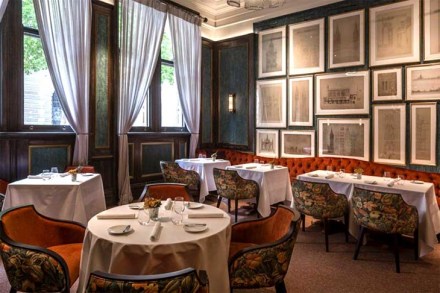Recipe: Sticky toffee pudding
I’ve been cooking for a little while now: professionally for huge quantities of people for a couple of years, writing about it for the thick end of four, and teaching myself at home for over six. I’ve been to pastry school for an entire full-time academic year. None of this matters to my family: all my family wants from me is sticky toffee pudding. At Christmas, it is mandatory, and every other occasion where I fail to arrive bearing a huge tin of the stuff, its absence is quietly resented. I’m going to visit my sister soon, but will be away just beforehand, so there’s already a large pudding sitting


